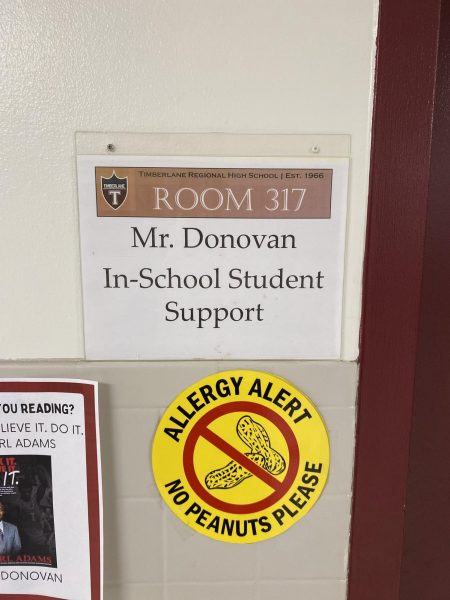Time to Colonize Space
January 23, 2021
On July 20, 1969, the United States successfully landed a crew of two astronauts on the surface of the moon. This was the first time a human being ever stepped foot on a celestial body outside of Earth. Since then, five more crews successfully landed on the moon, and over 2,000 satellites and probes have been launched into space. Since humans proved capable of landing on other celestial bodies, the debate on whether or not to maintain a human presence in space has become more prevalent. Technology is improving at an incredible rate, and the ability to maintain a human presence in space is growing near. Therefore, it is only a matter of time before society or private space companies like SpaceX will have to decide whether or not to keep humans in space.
In space, there are unlimited resources and an endless potential for expanding business and industries outside of Earth. In space there is access to direct sunlight because there is no day/night cycle and no atmosphere to obstruct the sunlight. Therefore, solar panels consistently convert sunlight into electricity at a much more efficient rate. The solar energy could also be used to power colonies in space.
Other resources like metals and minerals can be found on other planets and asteroids. As guided rockets continue to quickly improve, consistently landing on planets and asteroids will be a possible task. These resources can be easily extracted if the celestial body has a lesser gravitational pull than Earth. Any celestial body with a mass less than Earth’s mass will be suitable for resource extraction due to a weaker gravitational pull. Rockets leaving small planets and asteroids use less fuel to leave the gravitational field of the celestial body.
Colonizing space means more job opportunities for people. When business in space expands, opportunities for employment will open up simultaneously, and space jobs are regarded as “high-tech jobs that pay well and offer a good work environment,”according to the professor of Aerospace Engineering at Georgia Institute of Technology: Narayanan Komerath
Colonizing space is also important for the long term survival of the human race. According to Jim Green, NASA’s chief scientist, “Astronomical modeling predicts that the Sun’s outer layers will expand and swallow up Earth in approximately 7.6 billion years.” Although this extinction event is a while away, there are events that could deem Earth uninhabitable within the next few hundred of years. Events like nuclear war, bioterrorism, supervolcanic eruptions, asteroid collisions, diseases, and meteor collisions are unpredictable and would likely end human life on Earth. Extinctions have been caused by similar events in Earth’s history. For example, the great dying 250 million years ago was caused by a meteor, and the Permian-Triassic extinction event was caused by a supervolcano. Having colonies in space ensures that the human race outlives Earth.
Humans have had an incredible journey on Earth, but it is time to journey into the cosmos and colonize other parts of space. In the words of Vicky Hallet, “we’d be creating a garden out of a wasteland.”


